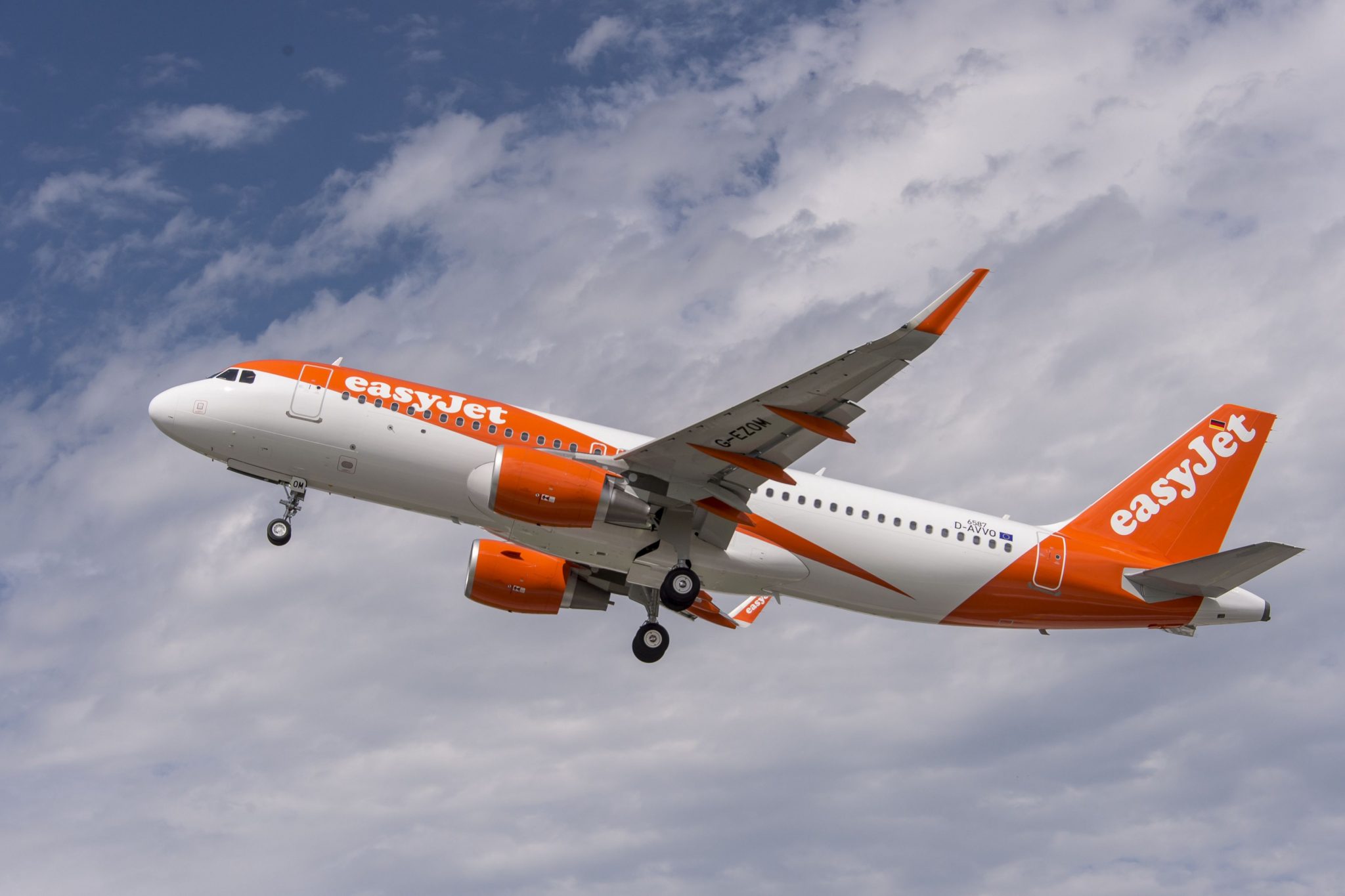easyJet has delivered better-than-expected H1 2021 results and states that it has maintained significant liquidity while also delivering Q2 cash burn better than guidance. easyJet expects a first half headline loss before tax in the range of £690 to £730 million, which is slightly better than expectations thanks to its major restructuring and cost reduction programme.
The low-cost airline said that it was encouraged by the strong vaccination rollout in the UK and expects the European rollout to “pick up pace in the coming weeks”.
easyJet says that its capacity forecasting has been “accurate and disciplined throughout the pandemic, which has allowed for strong cost control”, but stresses that its operational flexibility will allow it to respond to rapidly-changing travel restrictions. “We will continue to operate a reduced schedule throughout much of Q3 but are ready to ramp up our operations to match the level of demand we see in the market”.
As at 31 March 2021 easyJet has unrestricted access to c.£2.9 billion of liquidity having raised over £5.5 billion since the beginning of the pandemic.
"easyJet has maintained a disciplined approach to flying during the first half of our financial year, resulting in a first half loss and cash burn better than expectations. We continue to have access to significant levels of liquidity alongside easyJet's major cost-out programme which continues to deliver ongoing cost and efficiency benefits. All of this positions us well to lead the recovery,” said Johan Lundgren, CEO of easyJet.
"We welcome the confirmation by the UK Government that international travel is on track to reopen as planned in mid-May. easyJet was founded to make travel accessible for all and so we continue to engage with Government to ensure that the cost of the required testing is driven down so that it doesn't risk turning back the clock and make travel too costly for some.”
easyJet passenger numbers for the six months ending 31 March 2021 decreased by 89% to 4.1 million, in line with a decrease in capacity to 6.4 million seats, representing 14% of H1 2019 capacity levels. This led to total group revenue for the six months ending 31 March 2021 decreasing by c.90% to c.£235 million, with passenger revenue decreasing by c.91% to c.£165 million and ancillary revenue decreasing by c.87% to c.£70 million.
Group headline costs excluding fuel for the first half decreased by c.59% to c.£845 million, driven by a decrease in capacity flown and the material savings achieved across many areas of the business from easyJet's major cost-out programme. easyJet maintained a disciplined approach to capacity and cash management and as a result, total cash burn during the second quarter was c.£470 million, which is better than previous guidance.
In March easyJet's subsidiary easyJet FinCo B.V. issued a €1.2 billion bond under our Euro Medium Term Note (EMTN) programme. The bond matures in March 2028 and has a coupon of 1.875%.
As at 31 March 2021 easyJet has unrestricted access to c.£2.9 billion of liquidity, comprising cash and cash equivalents, money market funds, money market deposits plus the undrawn portion of the UKEF facility. The first £300 million tranche of easyJet's borrowings from the CCFF was repaid in March 2021 and the remaining £300 million is due in November 2021. easyJet has no other debt maturities outstanding until FY 2023.
easyJet retains ownership of 56% of the total fleet, with 41% unencumbered. During H1 2021 sale-leaseback transactions were concluded on 35 aircraft, raising £842 million gross proceeds and adding a further c.£90 million to pro forma per annum headline costs.
Due to the sustained lower capacity expected for several months ahead, easyJet has continued to see hedge ratios moving over 100% from both a jet fuel and FX perspective. To mitigate the effects of this, easyJet has taken action to close out over-hedge positions, to mitigate its exposure to volatility in the fair value of discontinued hedges. easyJet continues to hedge contractual exposures (such as leases and capex) and has decreased the amount of operational hedging that is taken out for future periods until there is greater clarity around exposures.
Based on current travel restrictions in the markets in which we operate, easyJet expects to fly up to 20% of 2019 capacity levels in Q3 with an expectation that capacity levels will start to increase from late May onwards. The group headline loss before tax for the six months ending 31 March 2021 is expected to be in the range of £690 to £730 million.

